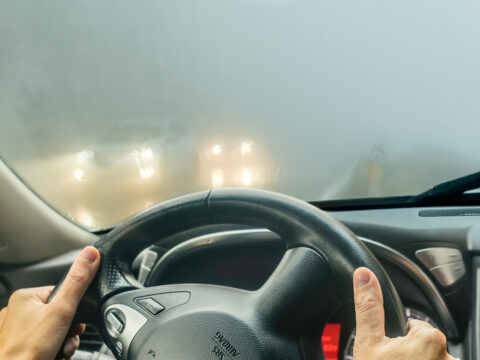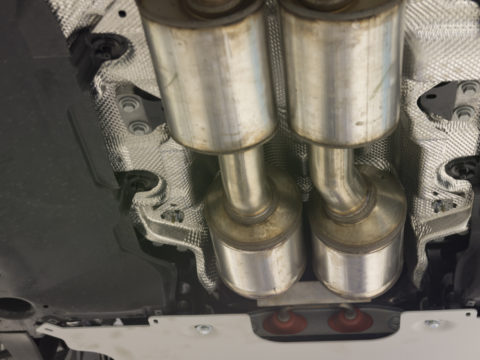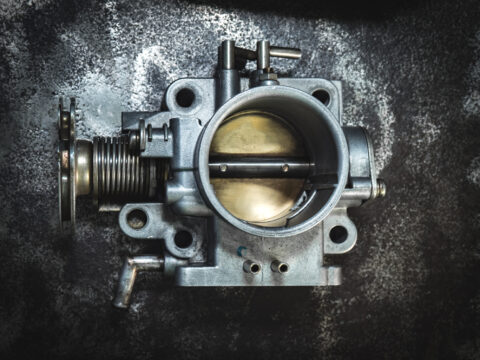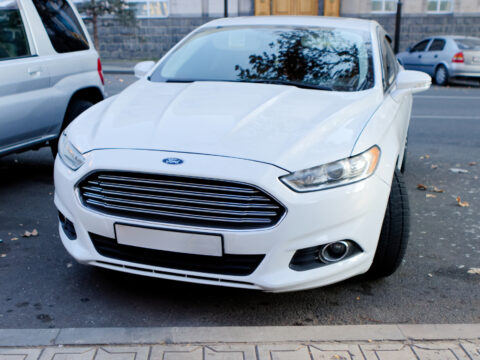Are you finding that your car is revving all on its own? If so, this problem definitely needs to be fixed – however, there are several different reasons for this to occur.
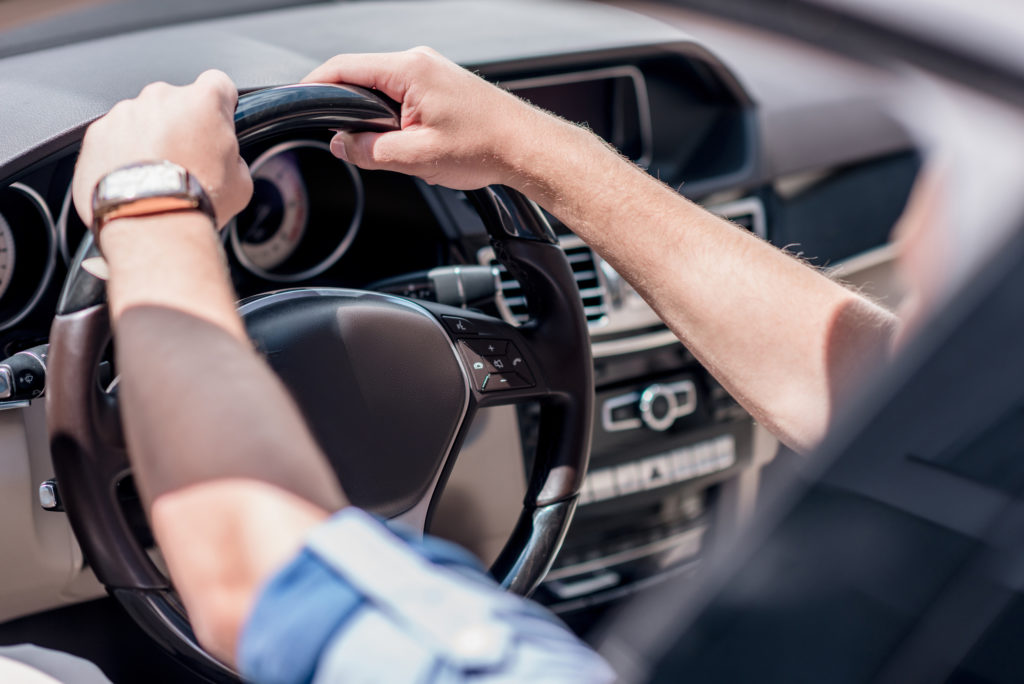
It could be down to faulty spark plugs or problems with your ignition – but it could be caused by a number of other issues.
Contents
Is it normal for a car engine to rev on its own?
Although it is normal for most cars to experience this at some point, it should not be cast off as a normal occurrence. If this regularly occurs – particularly while driving – it can cause you all sorts of problems. Clearly, there’s something wrong with the internal workings of your car and unprompted revving should not be ignored.
Random engine revving causes poor fuel economy and could result in your car breaking down and being unable to start if left alone.
What does it mean when your car revs up while driving?
If your car is revving while driving, your engine may be experiencing transmission issues – most likely a transmission fluid leak. The transmission fluid lubricates the moving parts of your car’s interior and carries power from the transmission to the engine.
If this transmission fluid starts to leak, the mechanical parts won’t be getting sufficiently lubricated. This causes a whole host of problems, including gearbox band slippage – which would cause your car to rev while driving.
However, there are several reasons besides transmission fluid leakage why your car could be revving all on its own.
Why is your car revving while driving?
Here are the main reasons why your car may be revving while driving:
Broken spark plugs
Your car may have a broken ignition system – namely, the spark plugs could be causing the random revving. If the spark plugs are broken, the air-fuel mixture may not be getting properly ignited, causing the engine to misfire and rev unprovoked.
Besides random revving, if you’re noticing your engine to have a rough idle speed, there’s definitely something wrong with the spark plugs. To fix this issue, it may simply be a case of cleaning the plugs. If they’re covered in carbon deposits or are dirty, then this may be the cause of them being unable to ignite the fuel and air mixture.
Fuel pressure faults
If you’re noticing your car rev up whenever your car is idling, this is most likely caused by a fault in your fuel pressure. Either because of a broken regulator, fuel injector, or fuel pump, the fuel pressure in your car is not being properly regulated. Because of this, your car is running lean, and an insufficient amount of gas is reaching your engine.
Due to the lack of fuel reaching your engine, your car will randomly start revving in an attempt to make up for it. If the random revving is accompanied by loud noises, then the problem most likely lies with your fuel pump. However, it’s also worth checking your fuel injectors and regulators.
Broken idle air control valve
If you’re noticing irregular idle speed in addition to random revving, then this could be due to a broken idle air control valve. This idling valve is used to monitor the air and fuel intake. If it’s broken, then the intake air temperature will become unbalanced and cause your engine to rev without you touching the gas.
Throttle body issues
The throttle body controls the engine intake of your car and can be found next to your engine manifold. Because it draws in fresh air from outside, the throttle body can easily get covered in debris. This debris builds up over time and causes issues with air intake, which has a knock-on effect on the air control valve and which would cause your engine to rev randomly.
Sometimes, this debris can be easily cleared from the throttle body, but other times it may need to be replaced.
Vacuum leak
Numerous vacuum lines are running from your engine’s intake manifold to several systems such as the exhaust gas recirculation (EGR system), EVAP, and the breaks. These rubber lines have been known to turn brittle over time and can easily crack, causing a vacuum leak to occur inside your car.
This vacuum leak can impact the air-fuel mixture, and may not be detected by the oxygen sensor, which causes your car to randomly rev.
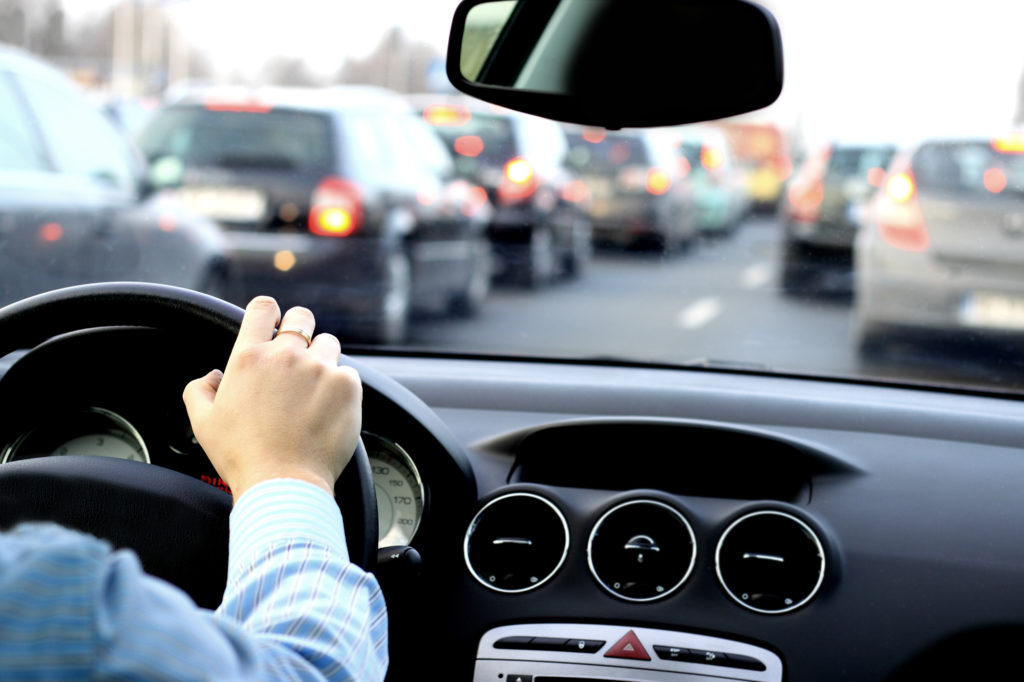
Car over-revving when accelerating
If your car is over-revving when accelerating, this is most likely caused by the throttle position sensor being broken. When you push on the gas pedal, the throttle position sensor senses how far you’ve pushed the pedal, and transfers this information to the engine control unit.
If there’s an issue with this sensor, then it may be sending inaccurate information to the engine control unit, which causes your car to over-rev.
Automatic car revving high while driving
Given that automatic cars use transmission fluid to lubricate the mechanical parts and of your car engine, then uncontrollable revving is most likely caused by fluid leakage. This leaking can cause the torque convertors and gearbox to slip, and rising fluid and oil pressure could also cause your car to rev more.
Manual car revving while driving
If you’re experiencing car revving while driving your manual car, then this is most likely because your clutch is slipping when changing gears. Through the regular use demanded by a manual vehicle, your clutch wears out over time and loses friction material. This causes it to slip easily, and leads the car to rev uncontrollably higher.
How to fix an over-revving car
To fix an over-revving car, you need to determine what it is that’s causing the issues exactly. This can be helped if you have a check engine light. If so, all you have to do is use an OBD-II scanner to identify what’s causing the over-revving and idle speed issues.
If your car is without a check engine light, then you’ll have to troubleshoot each component that could potentially be causing the revving – i.e., the transmission system, spark plugs, idle air control valve, throttle body, etc. – to determine what needs to be fixed to stop your car from revving uncontrollably.

